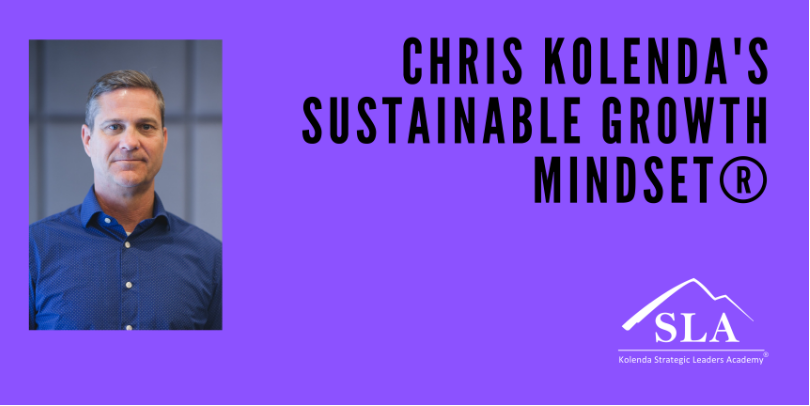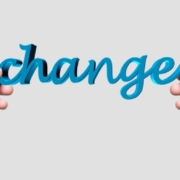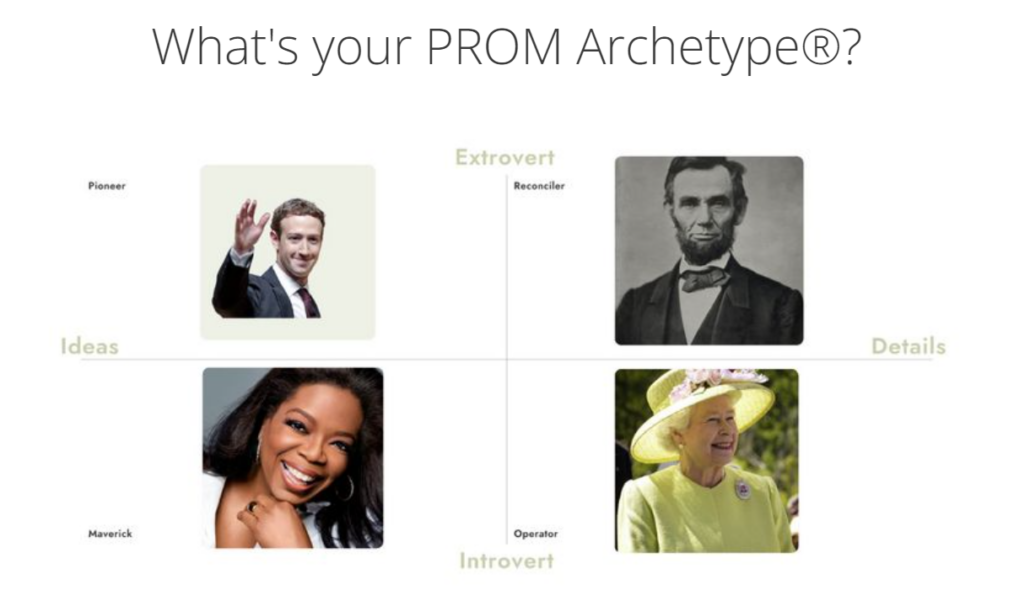Zelensky shows that Davos-man is dead
Ukraine’s President Volodymyr Zelensky, the anti-Davos man, shows that respected leaders bring people together for the common good.
In his characteristic green t-shirt and boots, Zelensky told the U.S. Congress that support for Ukraine is an investment in the future, not charity. He comes across as authentic, confident, and self-aware: an underestimated former comedian who rallied the Ukrainian people to repel the Russian onslaught, gained military support from the West and remains firmly in charge of the war. When offered evacuation, Zelensky famously replied that he wanted more ammunition, not a ride.
Compare Zelensky to Peter Goodman’s Davos-man, the well-coiffed, self-dealing elitist who comes each year to the Swiss resort town to hobnob with kindred spirits and tell people how to live their lives in ways that enrich other Davos-men. Former Afghan President Ashraf Ghani came to embody this persona. When the Taliban marched toward Kabul, Ghani and his senior officials reportedly took the money and ran. The Afghan military, which other Davos-men claimed was capable, disintegrated.
Davos-man wasn’t always corrupt and self-serving. Governing elites brought unprecedented prosperity to their constituents, won the Cold War, founded companies that created information-age economies, and advanced human rights across the globe. By the early 1990s, popular trust in leaders and institutions was high, but hubris and corruption set in.
Faith in leaders and institutions waned as calamities stacked up: the housing crisis, financial crisis, the Afghanistan and Iraq fiascos, the bungling response to COVID, and the hypocrisy of do-as-I-say-not-as-I-do lockdowns and mandates. Davos-man always seemed to escape accountability, laughing all the way to the bank.
Sensing their moment, China, Russia, and others made aggressive moves to undermine post-WWII institutions and agreements that they claimed protected western advantage to others’ detriment. Putin calculated that Davos-man would buckle and Kyiv would fall like Kabul.
Zelensky was no Davos-man. He rallied Ukraine, stiffened Western backbone, and, remarkably, brought Americans together (scolds like Fox’s Tucker Carlson aside).
It’s too soon to call Zelensky another Churchill — it’s a short walk from the penthouse to the outhouse. Ukraine’s government may revert to kleptocratic behavior once the shooting stops and re-building money pours in. Ukraine’s recent strike into Russia may signal a willingness for Zelensky to overreach. Time will tell.

Nonetheless, Z-man — straightforward, unpretentious, self-aware, comfortable in his own skin, and willing to exemplify Ukraine’s standards and values — is a breath of fresh air and capable of inspiring respect.
The Davos-man’s fall and the ensuing chaos show that companies must safeguard trust in leaders and systems. It’s easy to get complacent, and you can create perverse incentives that reward selfishness and duplicity in the name of growth. Tribalism results when people lose faith in leaders and systems, which tears companies apart even faster than societies.
To avoid this problem, monitor the extent to which your employees believe that the leaders in your company exemplify your values and standards and whether they think that people are held accountable for their actions.
If the answers are not what you hope, the first place to look is in the mirror. Do your actions exemplify your values and standards, or do people believe you have a Davos-man snobbery that rules only apply to the masses?
Are you holding people accountable for practicing the values, or do you look the other way at Toxic Tom because he’s got good numbers or talks a good game? Does Kiss-up Kevin get special treatment?
Do you communicate plainly so that your employees know what awesome, acceptable, and awful look like?
Nip problems in the bud when your subordinates stray. Avoid platitudes and be very clear on the behaviors you expect of them. Correcting poor leadership actions early on is far easier than addressing them after they’ve become habits. Davos-man went from public servant to self-dealing elitist, paving the way for demagogues and tribalism.
Zelensky shows the uniting power of leaders willing to walk the talk, exemplify courage, and serve the common good. You don’t need a fancy degree, an expensive suit, or a massive bank account to be a respected leader.
Happy New Year












